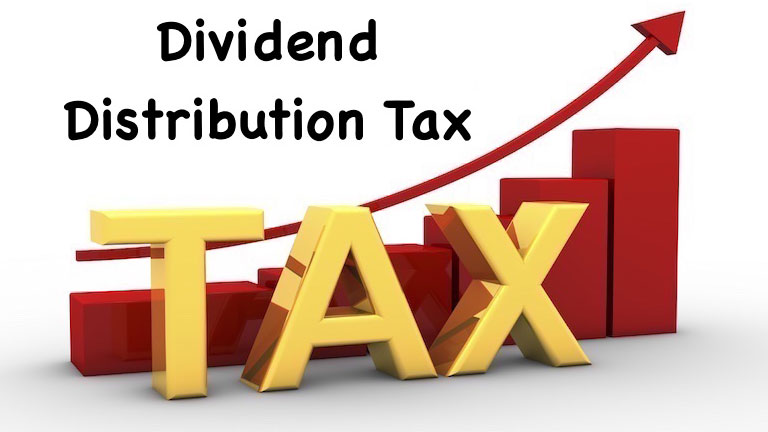DDT: DichloroDiphenylTrichloroethane
The full form of DDT is “Dichlorodiphenyltrichloroethane“. DDT is a colorless, tasteless, crystalline and almost odorless organochlorine substance, famous for its insecticidal properties. It is also poisonous to humans and animals. Dichlorodiphenyltrichloroethane (DDT) is an insecticide used in agriculture. DDT has also been used in the past to treat lice. It is still used outside the United States for the control of mosquitoes that transmit malaria. DDT and its related chemicals persist for a long time in the environment and in animal tissues.

DDT was first synthesized in 1874 by Austrian chemist Othmar Zeidler. The insecticidal action of DDT was discovered by Swiss chemist Paul Hermann Müller in 1939. In October 1945, DDT was available for public sale in the United States. Müller received the Nobel Prize in Physiology or Medicine in 1948 “for his discovery of the high efficiency of DDT as a contact poison against several arthropods.” The United States banned the use of DDT in 1972. In the 1970s and 1980s, agricultural use was banned in most developed countries. India is the only country that still manufactures DDT and is the largest consumer. In many parts of India, DDT is not effective. Agricultural uses were banned in 1989 and their antimalarial use is declining, Urban usage ended.
The molecular formula of DDT is C14H9Cl. It is produced artificially by the reaction of chloral (CCl3CHO) with chlorobenzene (C6H5Cl) in the presence of the sulfuric acid catalyst (H2SO4). It is highly hydrophobic and not soluble in water, but is soluble in most organic solvents such as oils, and fats.
DDT: Dividend Distribution Tax
The dividend distribution tax (DDT) is the tax imposed by the Indian government on Indian companies according to the dividend paid to a company’s investors. A dividend is a return that a company grants to its shareholders out of the profits obtained by the company in a given year. The company must deposit the DDT within 14 days after the declaration, distribution or payment of dividends, whichever is the earlier. In case of non-payment within 14 days, the company must pay interest at a rate of 1% of the DDT.

Mutual fund companies must also pay DDT. Currently, companies pay DDT before paying dividends to their shareholders. Therefore, it made dividends received by the company’s shareholders tax-free on their hands. In addition, taxpayers who earn dividend income of more than Rs 10 lakh must pay taxes at a rate of 10%.
Other full forms of DDT
| Full Forms | Category |
|---|---|
| Damian’s Death Trap | Science Fiction |
| Damien Derek Trotter | General |
| Damn Devastating Terror | General |
| Dancing Dead Things | Funnies |
| Dark Dirigible Titan | General |
| Data Driven Tests | General |
| Dead Tying Toad | Funnies |
| Decoy, Distract, and Trash | Funnies |
| Deflagration-to-Detonation Transition | Military |
| Density, Distance, and Terrain | Meteorology |
| Depth, Detail, and Timbre | Performing Arts |
| Desperate Devil Trigger | Funnies |
| Dig Darsini Tika | General |
| Digital Data Transfer | Networking |
| Dirty Dream Tonight | Chat |
| Distributed Debugging Tool | General |
| Distributed Decision-aid Tool | Military |
| Doki Doki Tunneling | General |
| Don’t Do That | Chat |
| Doom Depot Team | General |
| Dramatic Dream Team | News & Media |
| Drift Dash Technique | Military |
| Drop Dead Twice | Funnies |
| Drug Development Tools | Development |
| Dynamic Debug for Trident | Electronics |
| Dynamic Debugging Technique | General Computing |
| Dynamic Desktop Themes | General |
| Dynamic DNS Tool | Software |